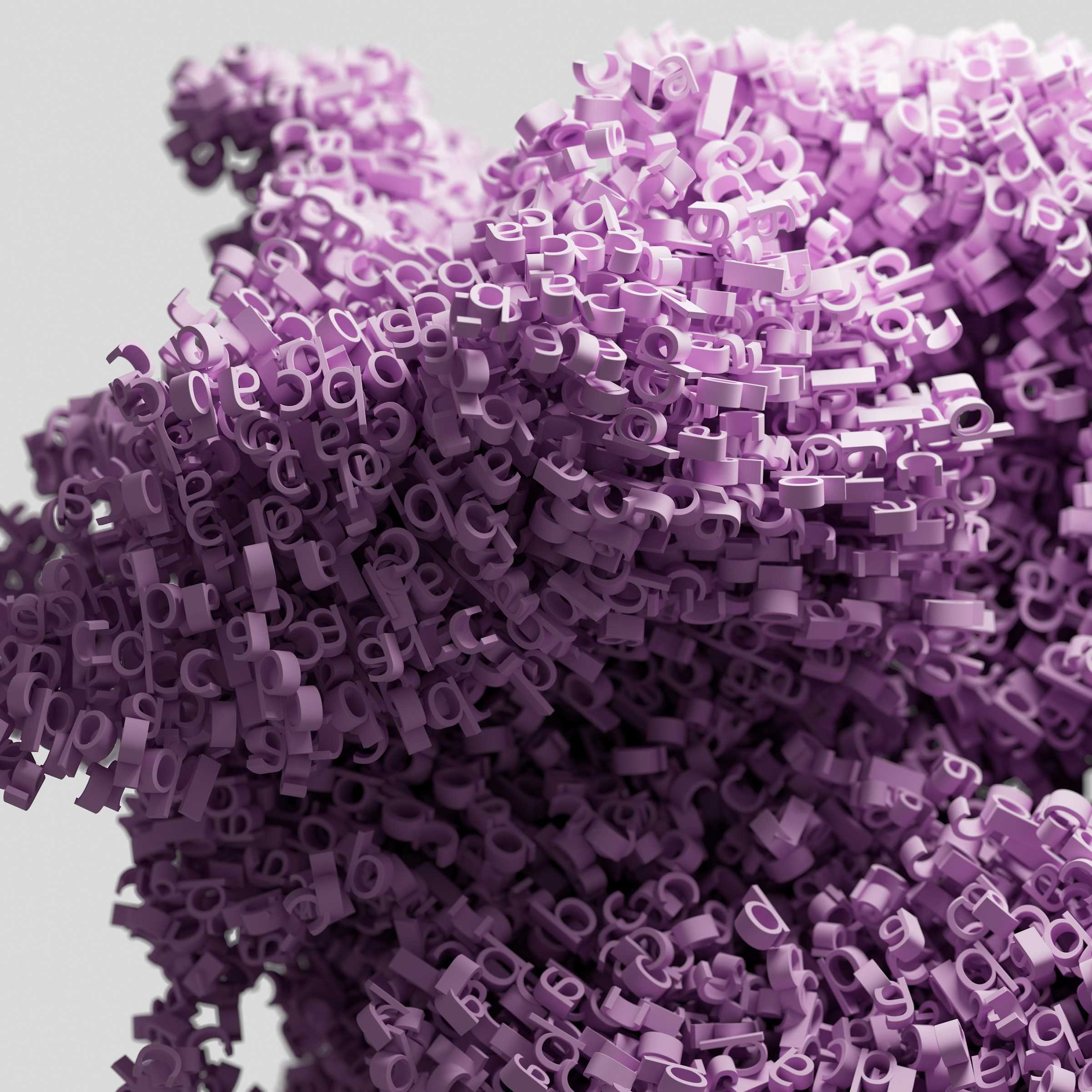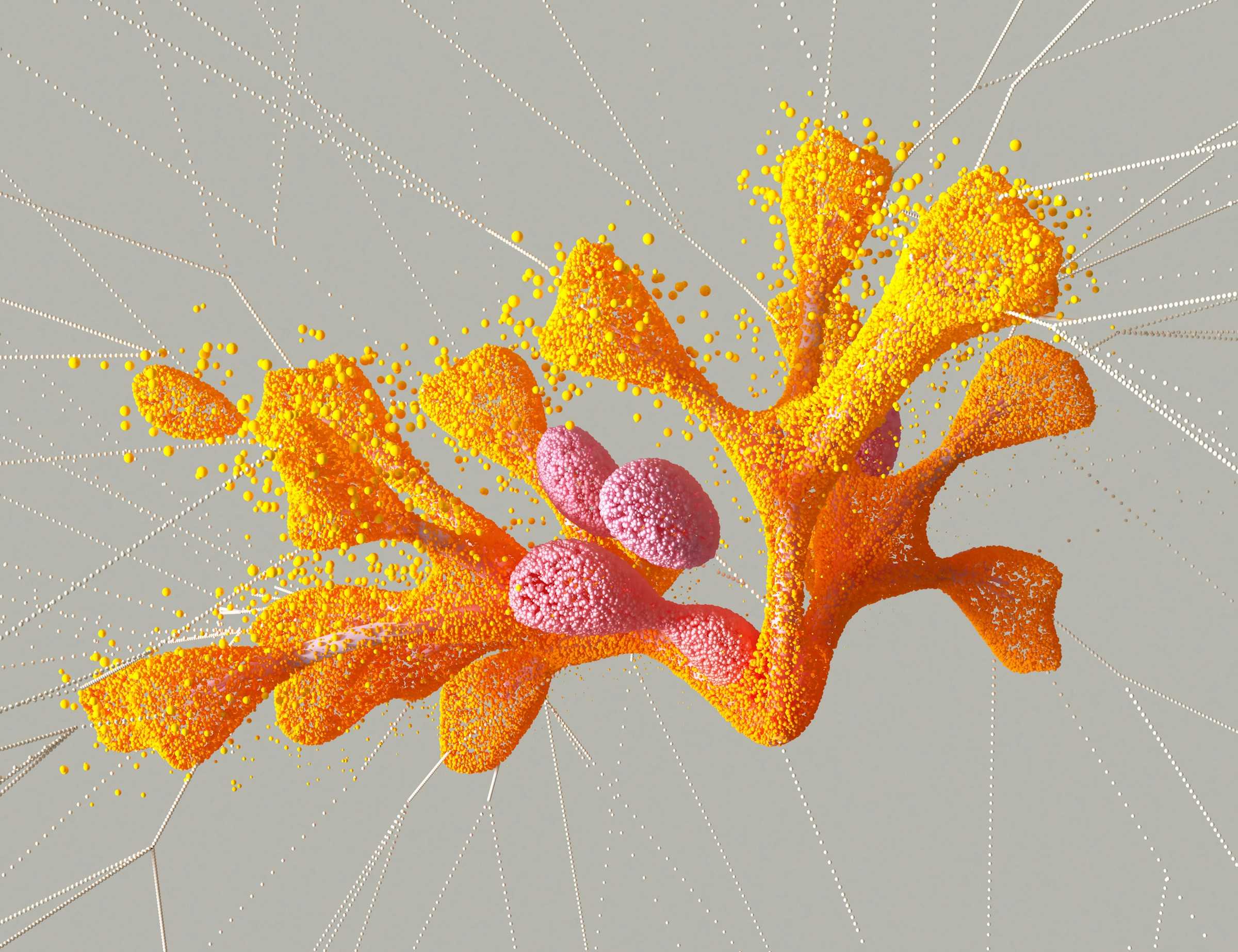Insight Generator
In the next few years, cities will leverage AI to transform fragmented disaster response data into comprehensive, actionable intelligence. AI-powered image analysis systems will enable rapid, detailed mapping and modeling of urban environments from remote sensed data, and improved detection and classification of damage to buildings and infrastructure. Increasingly, AI will play an important role in detecting disasters themselves, identifying wildfires, floods, and other hazards before they impact populated areas.
The integration of AI into disaster response frameworks will create more responsive, resilient cities capable of quickly grasping the full extent of damage and optimizing resource allocation. These intelligent systems will dramatically accelerate and improve disaster response and recovery, condensing fragmented assessments that once took months - if they were ever completed at all - into mere days.
However, challenges remain in addressing potential biases, ensuring equitable application across diverse urban environments, and managing the vast amounts of data required. As these technologies mature, they will fundamentally reshape how cities prepare for, understand, and react to extreme events, necessitating new paradigms for rapid data collection, analysis, and ethical AI deployment in crisis situations.


